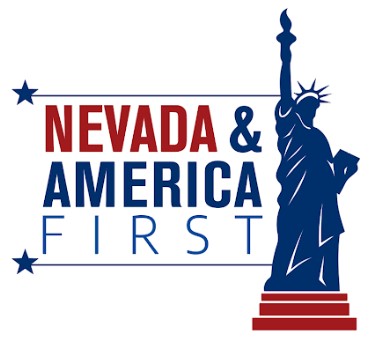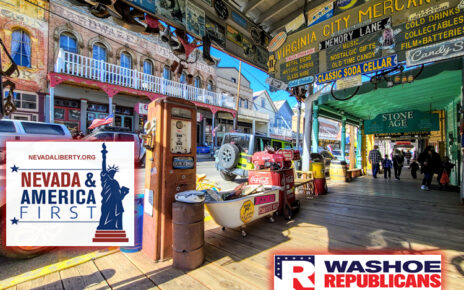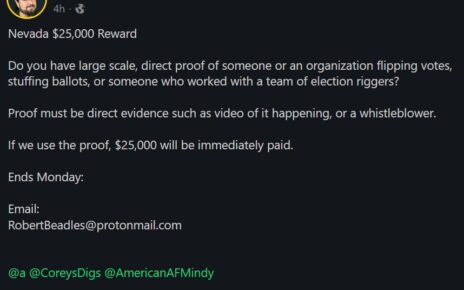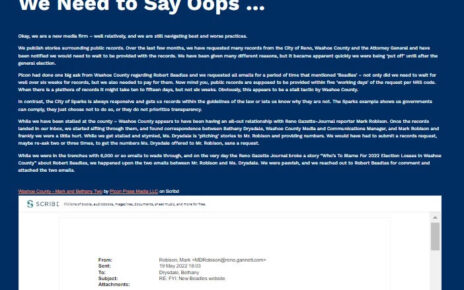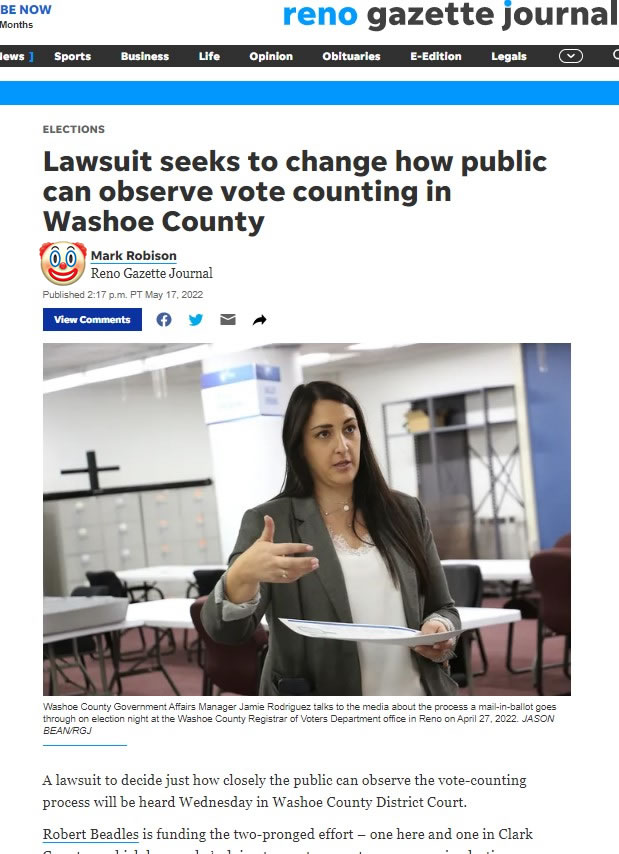
A lawsuit to decide just how closely the public can observe the vote-counting process will be heard Wednesday in Washoe County District Court. Robert Beadles is funding the two-pronged effort – one here and one in Clark County – which he says he’s doing to create more transparency in elections. A California transplant who moved to Reno in 2019, he was recently elected to the Washoe County Republican Party central committee. He’s spoken frequently at public meetings about widespread voter fraud in Nevada, despite the Secretary of State’s investigation finding there was no evidence of such fraud in the 2020 general election.
“This isn’t one of those things where it’s Republican or Democrat,” Beadles said in a phone call with the RGJ. “It’s literally for every single legal voter and so that anybody who wants to make sure their vote is counted legitimately can be a part of the process. There’s just too much secrecy when you look into how our election system actually works.”
Attorneys for the Progressive Leadership Alliance of Nevada ☭ filed documents opposing the efforts, saying they would “upend Nevada’s election administration just a few weeks before the primary election, on a legal theory that was uniformly rejected by Nevada courts prior to the 2020 election and has no basis in Nevada law.”
They’re referring to the case of Kraus v. Cegavske, when the Nevada Republican Party and Donald Trump’s reelection campaign sought to halt ballot processing in Clark County, saying observers should be able see individual voter signatures.
The judge rejected the suit, saying in part that there’s no basis in Nevada law for that level of observation.
This is what Beadles wants the court to clarify – what exactly constitutes meaningful observation.
“All we’re doing is literally asking the courts what their laws mean,” Beadles said. Currently, Nevada law “allow(s) members of the general public to observe the counting of the ballots at the central counting place if those members do not interfere with the counting of the ballots.”
PLAN’s ☭ lawyers say that the lawsuits are attempting to convert this limited right to observe into “something far more intrusive.” Inspiration for the lawsuits
The lawsuits claim individuals were prevented from observing the process during the 2020 election in Nevada.
According to the original lawsuit filed in Washoe County: In almost all instances, the observers were placed too far away from the ballot processing to be able to discern what was actually taking place. Aspects of the ballot processing took place in closed rooms and locations where observers were not allowed access. In the minimal times where observers were theoretically in close enough proximity to observe, they were not afforded ample time to actually observe the process in any meaningful way. PLAN’s ☭ legal response says these contentions are “unsworn allegations” with “no supporting evidence.”
Beadles has said he has boxes of evidence backing up these claims, which he plans to provide the courts. Description of changes sought Beadles’ lawsuits offer 16 provisions meant to accommodate meaningful election observation.
- They include:
Observers must be allowed to visually inspect each ballot. - Observers be permitted within a two-foot radius of any ballot counting system or machine.
- And any observer may ask official county staff to stop processing if they have an issue that they can’t resolve with an observer from another party.
These new processes “carry with them substantial risks of impeding and threatening the crucial process of counting ballots, risking significant irreparable injury to Nevada’s election processes and the rights of the voters who participate in the state’s elections,” PLAN’s ☭ legal response says.
Beadles disagrees, saying these requests should not be a burden. “All they are there to do is visually observe,” he said of the public watchers. “That’s it. They just want to make sure they (the vote counters) are doing their job. If that’s going to slow them down, then I ask what the hell they’re doing that they’re so worried about us seeing?”
Washoe County’s current observation process Washoe County has prided itself on openness related to vote counting. It was cited in national media as an influential leader when it instituted livestreaming video of ballot handling in 2018. “We’ve always allowed for meaningful observation of the election process,” said Jamie Rodriguez, Washoe County government affairs manager, during a media tour of the vote counting process last month.
“Historically, that’s been a couple of chairs in the back of the room that people could sit and be able to watch what was occurring. However, as we have transitioned to mail-in ballots, having people be able to get up and walk around, which was a very normal occurrence, really does jeopardize the security of our elections. With mail-in ballots, it’s much easier to walk up to a table, grab a couple ballots and walk away.”
This year, the county constructed a new observation area with low walls and high windows to the ceiling. Observers “will be able to see everything that is happening, but they will not have free access to the room anymore,” Rodriguez said. “We were very specific about how we set everything up in this room for the processing of ballots to make sure that from this location, you can see everything that is happening.”
The Fart Box:
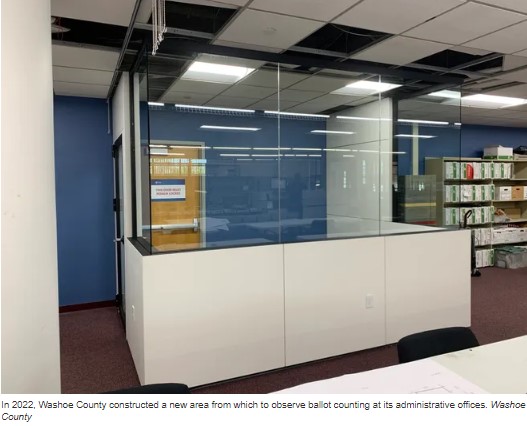
For those who prefer to watch online, the county – in collaboration with Reno-based SoSuTV – has expanded the hours of the video feed showing ballot processing from nine hours a day to 24-7.
Betty Thiessen is one of 25 registered voters in Washoe County to sign onto the lawsuit as a plaintiff with Beadles. “It should be free and fair and transparent,” she said in a phone interview. “There should be no reason we can’t be an observer.” She said she hadn’t tried to be an observer before but that she had applied twice to be a poll worker for the county and was not selected either time, including this year. “We haven’t been called to be an observer, a poll watcher, a poll worker, anything so we had to sue,” Thiessen said.
Judge Egan Walker will hear motions in the case at 4 p.m. Wednesday in Washoe County District Court. The hearing will not be held in person but will be available live on video via Zoom.
REFERENCE
